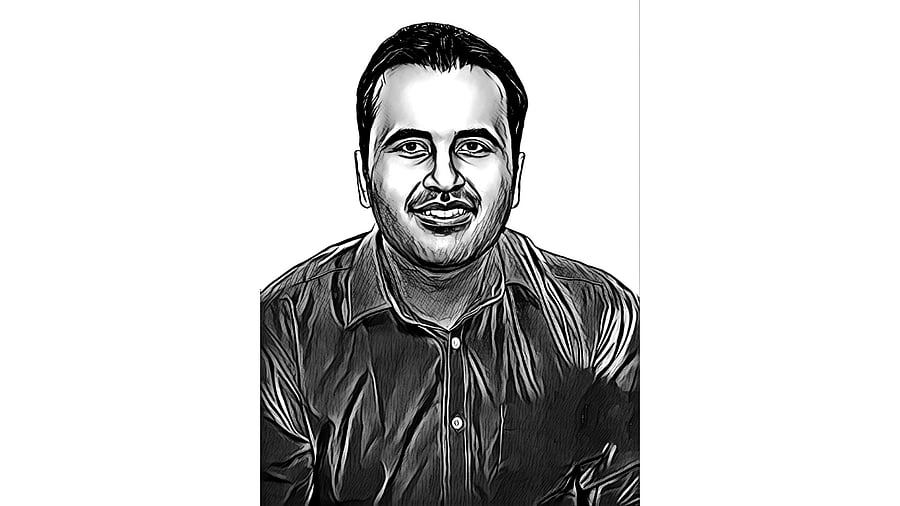
Rahul Bajaj
Credit: DH Illustration
Last month, India’s military offensive launched in response to the terror attack in Pahalgam garnered public attention for multiple reasons. One amongst these was a flurry of filings to obtain a monopoly over the use of the trademark ‘Operation Sindoor’. As many as six trademark applications for Operation Sindoor were filed by both individuals and Reliance Jio Studio (which later withdrew its application, stating that it had been filed by a junior-level official without securing prior internal approvals).
This development has reignited debates in the intellectual property law circles about the ethics of capitalising on a tragedy for commercial gain through what are called moment trademark filings. This is not an isolated incident. In the wake of significant events such as 9/11, the COVID-19 pandemic, and the Black Lives Matter movement, there was a surge in trademark applications that attempted to monopolise terms that are associated with these occurrences.
Such filings often lack genuine intent to use the trademark in commerce and, instead, aim to profit from the public’s emotional engagement with these events. This practice not only undermines the integrity of the trademark system but also raises ethical concerns about commodifying collective grief and social movements.
The primary issue with these opportunistic filings is that they tend to exploit public sentiment for private gain. In the case of ‘Operation Sindoor’, the term is deeply entwined with national mourning and the valour of soldiers – a characterisation that many may dispute – but whose trademarking, at any rate, would not be in good taste.
Moreover, granting such trademarks can set a dangerous precedent and encourage others to seek similar registrations, leading to a proliferation of trademarks that exploit public tragedies. This not only dilutes the significance of these events but also clutters the trademark registry with marks that lack genuine commercial intent.
From a strictly legal perspective, the Trademarks Act 1999 outlines a list of absolute grounds for the refusal of trademark applications. Section 9(2) prohibits the registration of trademarks that are deceptive, hurt religious sentiments or are scandalous or obscene. Given the manner in which the public engages with Operation Sindoor, the filing would arguably attract this bar. Furthermore, Section 11(10)(ii) allows for the refusal of trademarks that are filed in bad faith, emphasising the need for genuine intent and use. This bar also is likely to be attracted in the instant case, given the circumstances in which such trademark filings came to be filed.
It also needs to be noted that for a trademark to be granted, the applicant has to show that the mark is either inherently distinctive – think Apple for computers – or has acquired distinctiveness through the use of it, made over a period of time. Since none of the applicants in this case has any history of using the mark, coupled with the fact that its use in the counter-terror operation robs it of any distinctiveness, the applications are likely to fail on this ground as well.
In sum, the attempted trademarking of ‘Operation Sindoor’ serves as a cautionary tale about the ethical and legal pitfalls of opportunistic trademark filings. While the trademark system provides mechanisms to prevent such exploitation, the responsibility also lies with the applicants to exercise moral judgement. Commercial entities must recognise that not all terms are appropriate for trademarking, especially those associated with national tragedies or social movements.
As society continues to grapple with the commercialisation
of collective experiences, it is imperative for both legal
frameworks and public discourse to proactively discourage this problematic trend. Only then can the integrity of the trademark system be preserved, ensuring that it serves its true purpose: to protect genuine commercial interests without compromising societal values.
(Rahul Bajaj is a practising lawyer with expertise in disability rights and IP law, and is co-founder of Mission Accessibility. He wears more hats than he can himself sometimes count. X: @rahul400)
Disclaimer: The views expressed above are the author's own. They do not necessarily reflect the views of DH.